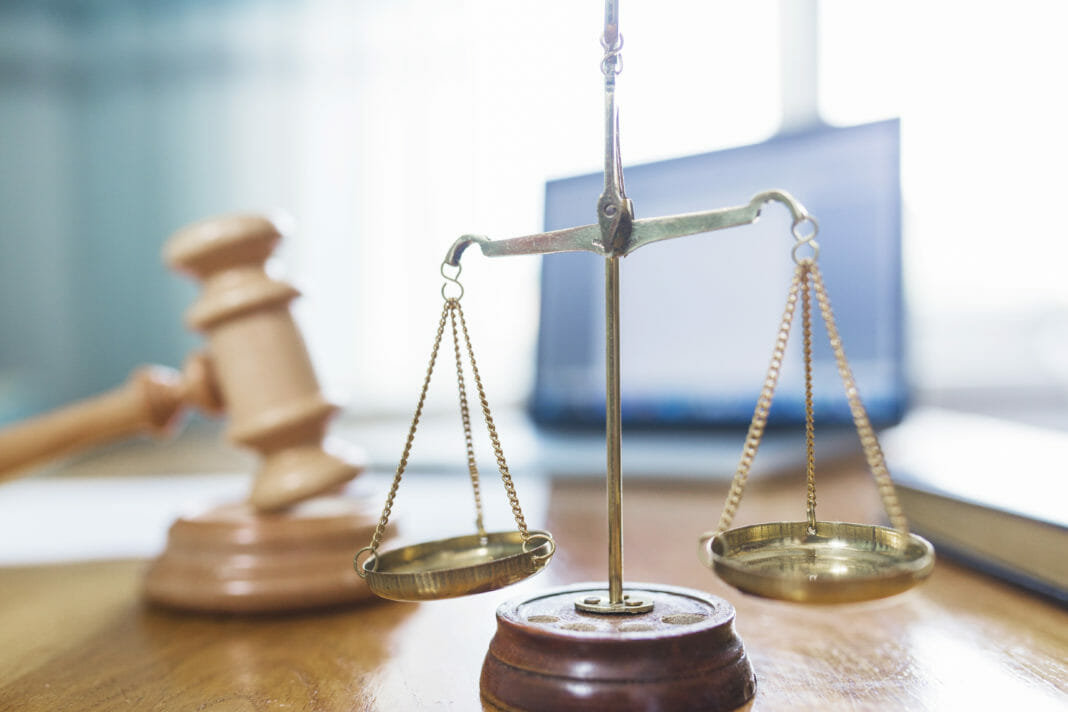In 2018, the central bank of India blocked the bank accounts of bitcoin exchanges. In March of this year, the Supreme Court reversed the RBI’s action in a unanimous decision.
Sunny Ray is the founder of India’s leading bitcoin exchange Unocoin. This Bitcoin entrepreneur, together with the chamber of commerce and other organizations, requested, in a lawsuit against the Central Bank of India (RBI) in 2018, to rescind a circular from that body that ordered the banks to suspend all accounts with cryptocurrency exchanges.
Sunny Ray is an electrical engineer who graduated from the University of Alberta in Canada but defines himself on his LinkedIn profile as a specialist in business development in robotics and Bitcoin.
After eight years of dedication to robotics, Ray noted in a short autobiographical review that he wanted to understand more about money, so he worked through all the available certificates as a financial advisor.
But then disappointment came, he says, in what seemed to be the dominant practice among his colleagues: to convince a potential investor as soon as possible, with only the commission in mind.
In 2011 he read the Bitcoin White Paper and claims that he was “obsessed with the idea.”Ray said that for the first time in his life, he was deeply inspired by an idea. In short, Bitcoin represented freedom. Ray said that he felt like he needed to learn more and more about Bitcoin.
Central Bank of India is slowing the rise of Bitcoin
Ray is always involved in projects around Bitcoin, among which he founded the Unocoin exchange in 2013. By 2017, says Ray, Unocoin reached 1.5 million users as well as showing the integration of at least 10,000 daily users.
The accelerated expansion of Unocoin and the rest of the companies in the Indian cryptocurrency ecosystem were abruptly interrupted in April 2018, when the RBI prohibited, through a circular to banks, that they continue to serve exchanges and other companies that operated with bitcoins. This choice revolves, in fact, around the prohibition of the use of cryptocurrencies in that country.
The mobilization of companies in the cryptocurrency ecosystem was immediate, says Ray, who was among the exchange houses that challenged the RBI measure before the supreme court. Ray commented that, after a lengthy judicial process, the Supreme Court of India revoked the RBI circular.
“Finally, at the beginning of this year we ended up winning that court case; all three judges ruled in our favor. The next day the banking services were practically online again.
At the moment, we are serving a million and a half users. I wanted to share with you a little about that court case itself because I think it is instructive.”
Sunny Ray emphasizes how important was for the promoters of the lawsuit, the decision of the judges since they judged only on their knowledge and the facts presented.
By Jenson Nuñez











